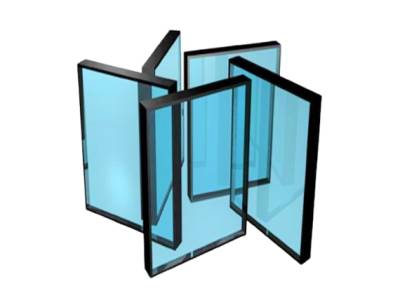
Insulated glass units (IGUs), also known as double- or triple-glazed windows, offer significantly improved energy efficiency and comfort compared to single-pane glass. These units consist of two or more panes of glass separated by a hermetically sealed air or gas-filled space, creating a superior thermal barrier.
Key Features & Benefits:
Applications:
IGUs are suitable for a wide range of applications, including:
Choosing the Right Insulated Glass:
Selecting the optimal IGU depends on factors such as climate, budget, and specific needs. Consulting with a window specialist can help determine the best configuration for your project. Consider factors like climate zone, desired energy savings, sound reduction requirements, and aesthetic preferences when making your selection. Investing in high-quality insulated glass is a smart way to improve your building's performance and enhance your comfort.